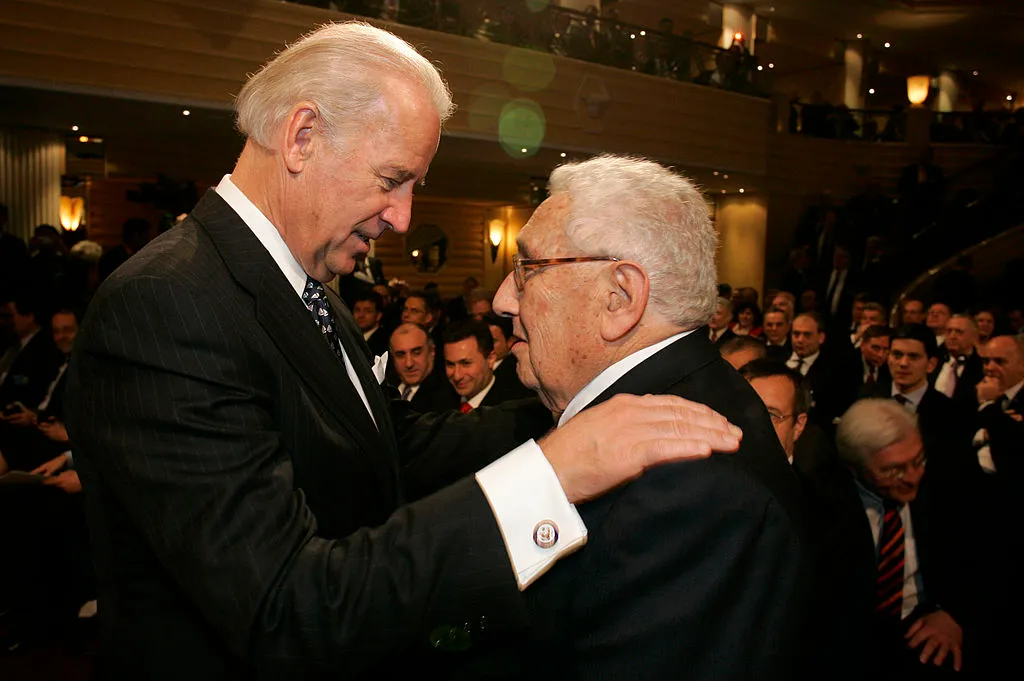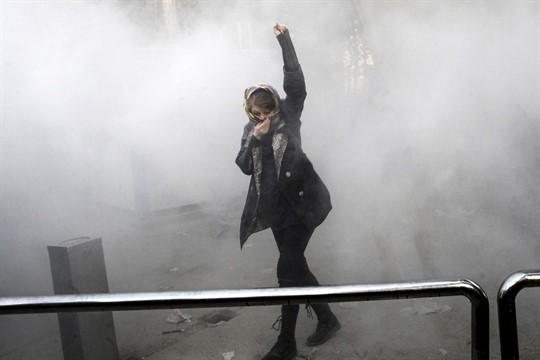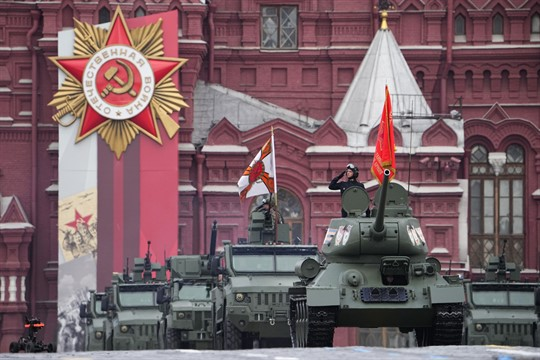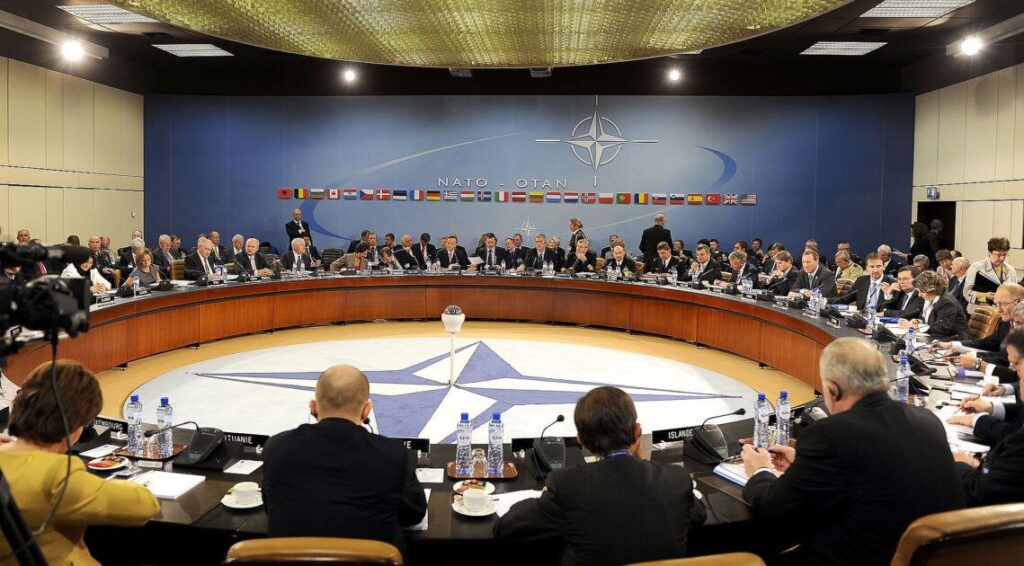Russia: Lone Wolf of the Steppes

US President Joe Biden and Speaker of House of Representatives Nancy Pelosi say the Ukraine war will continue “until victory is achieved”, but neither of them has said what might constitute victory.
Which brings us to what the Florentine clerk advised 500 years ago: “Never wound a deadly foe and let him live. Either kill him or turn him into a friend.”









